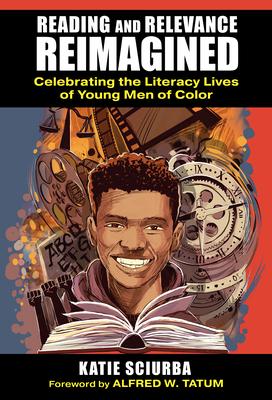What do we mean when we say that a text is relevant to a young person or to a group of young people? And how might a reimagining of relevance, shaped through the voices of young men of color, enhance literacy teaching and learning? Based on case studies of six young Black, Latino, and South Asian men and their reading experiences, this book reconceptualizes the term relevance as it applies to and is applied within literacy education (middle school through college). The author reveals how four dimensions of relevance--Identity, Spatiality, Temporality, and Ideology--can guide educators in supporting the reading and meaning-making experiences of students in ways that honor the complexities of their lives and enhance their criticality. Sciurba frames relevance from a student-centered perspective as conditions that are practically, socially, and/or conceptually applicable to one's life. Readers can use this book to disrupt problematic enactments of relevance in literacy spaces that are rooted in assumptions about who young people are, culturally or otherwise, as well as how they think and maneuver through their complex worlds.
Book Features:
- Provides a nuanced understanding of relevance in literacy education in order to successfully enact culturally relevant pedagogy.
- Draws on scholarly literature from a broad range of fields, including sociology, cultural studies, literary studies, and physical science studies.
- Showcases what a nondeficit approach to working with Black, Latino, South Asian, and other young people of color can look like in educational contexts.
- Examines data from longitudinal qualitative studies with six students and young men of color that took place across 10 years beginning in a New York City middle school.
